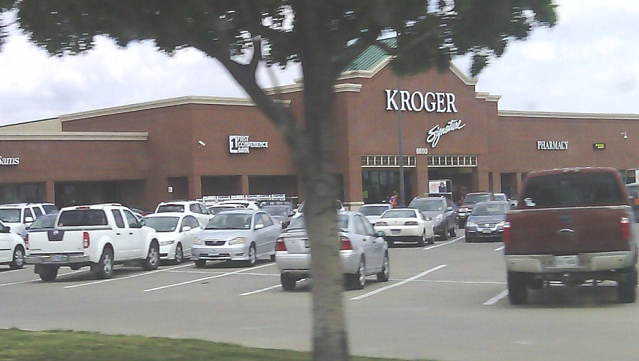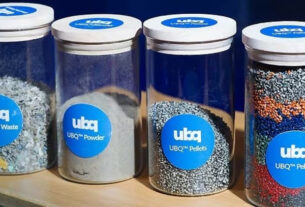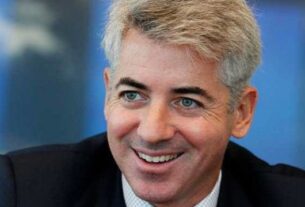Carl Icahn, the activist billionaire investor, dropped his plans for a proxy fight over control of Kroger. Icahn was to make a move to take over that company over the poor treatment of animals.
The news comes a week after Carl Icahn lost his bid to take over control of McDonald’s, the world’s most renowned fast-food franchise. Back in February Icahn launched a proxy fight for control of that company also because of how it treated pigs.
Carl Icahn was reported to have sent a letter to both companies that read, “I congratulate the McDonald’s team on their victory in this proxy engagement and, after much contemplation, given the company’s financial position, I believe the same outcome will result at Kroger.”
Please help us out :
Will you offer us a hand? Every gift, regardless of size, fuels our future.
Your critical contribution enables us to maintain our independence from shareholders or wealthy owners, allowing us to keep up reporting without bias. It means we can continue to make Jewish Business News available to everyone.
You can support us for as little as $1 via PayPal at [email protected].
Thank you.
Founded in 1883, Kroger is an American food retail company that offers numerous products, including various meat based foods, through supermarkets across America. It also offers direct sales online. The company currently operates a total of 2,726 grocery retail stores under its various banners and divisions in 35 states and the District of Columbia.
And like McDonald’s did when Carl Icahn accused that company of using meat from mistreated animals like pigs, Kroger has issued similar denials.
In response to Carl Icahn’s takeover bid and accusations about animal cruelty, the company released a statement saying, “While Kroger is not directly involved in raising or the processing of any animals, we are committed to helping protect the welfare of animals in our supply chain. Kroger has an established Responsible Sourcing Framework to clearly define our policies, requirements and practices, including our Animal Welfare Policy, which articulates our expectation that all suppliers will have transitioned away from gestation crates by 2025.”
The chairman of Icahn Enterprises L.P. is an animal rights supporter. He wants McDonald’s to treat pigs better and to do away with its use of gestation crates. A gestation crate, also known as a sow stall, is a metal enclosure in which a farmed sow (pig) used for breeding may be kept during pregnancy. The crates are meant to keep the animals from harming one another during their pregnancies.
But Carl Icahn has cited studies that show that they can cause physical and psychological suffering to the animals, including lameness due to weaker bones and muscles, abrasion injuries, cardiovascular problems, digestive problems, and urinary tract problems.
However, both McDonald’s and Kroger refuted the claims made by Icahn and both have promised to be sure that all animals used for their meats are humanely treated in the future.
And Carl Icahn was not only concerned with animal rights when it came to his plans for a proxy fight over Kroger. He was also taking what he believed to be a stand on the company’s employees’ poor compensation and its executives’ unreasonably high salaries.
“The wage gap between the CEO and median worker at Kroger is unconscionable,” CNBC reported that Icahn claimed in a letter sent to the company. “Our candidates will take our concerns about deplorable animal suffering and these wage gaps (and other governance problems) at Kroger seriously and add proper oversight.”





